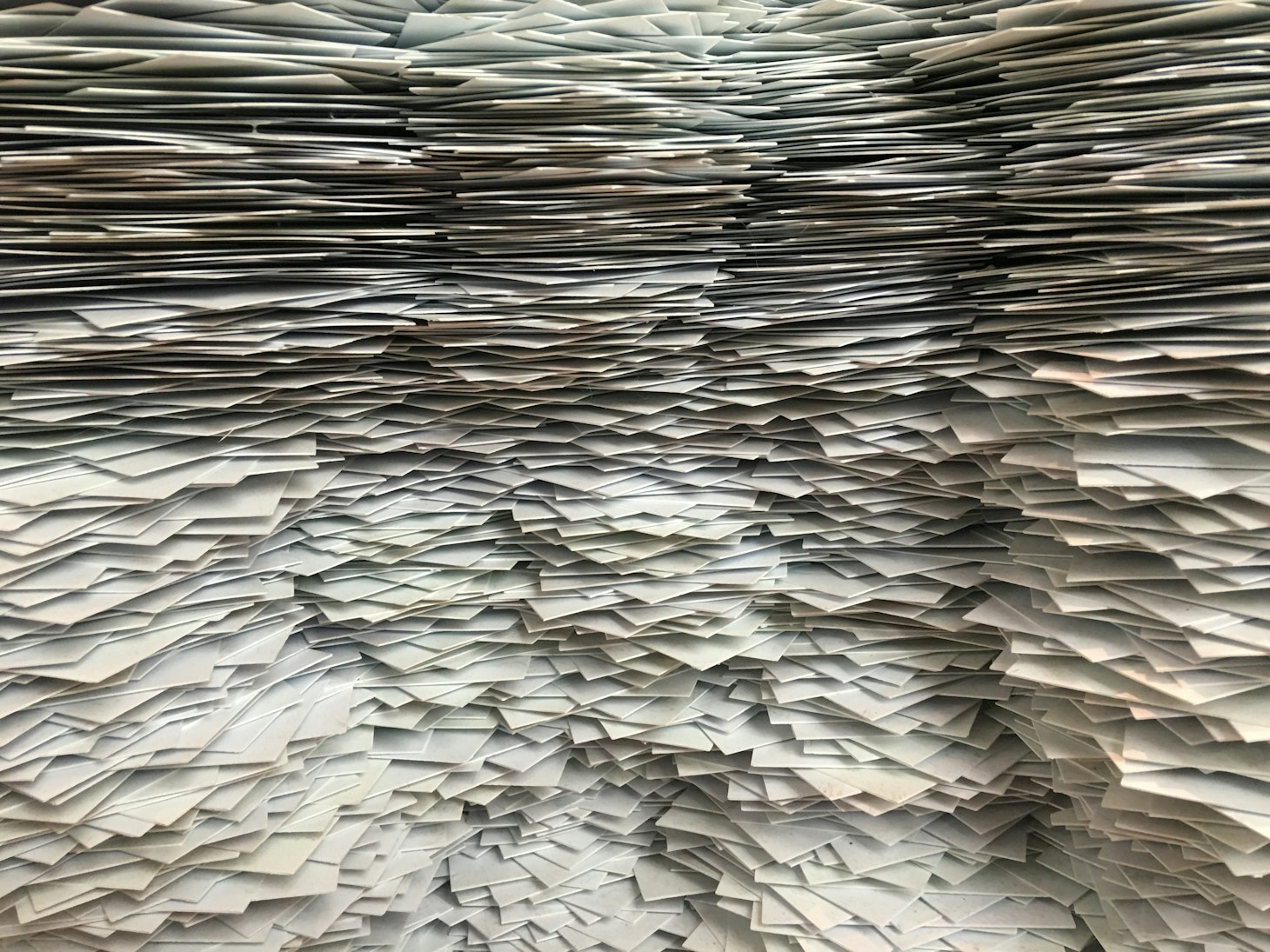A Lesser Minimalism

Minimizing your processes is more important than minimizing the amount of your objects.
Objects are often just the byproduct a process and a reflection of its health. But there are painful places where the two ideas meet.
One of the first nerdy courses I bought, many years ago, was MacSparky’s Paperless Field Guide. I love MacSparky. We share a very similar brain and I’m always impressed with what he’s done with the gray matter I’ve wasted.
I’m sure the course has been updated many times since, but back then I was disappointed in it because there was only one “why” given for his paperless lifestyle.
The why matters more than the how in nonfiction, because the why informs whether you need the rest of the book or course at all. It’s a stoplight.
MacSparky’s one reason for being paperless back then was a story about inheriting a pile of paper from his parents and the profound impact it had on his thinking.
Well, I’m in my basement right now, in front of 20 boxes of the most important files, photos, press clipping, war medals, and other keepsakes that I was able to grab from my parents’ old house before it sold.
I’m no longer disappointed in the why of that course. I get it. I will never put my son through this.
Our attachment to information can be profitable, distracting, emotional, or fleeting. The cognitive weight of words is not equal page-to-page.
The process is the equalizer.
It’s been my experience that every minimalist dreams of passing down a thumb drive or password, giving their families access to 90%+ of their multi-generational trash and treasure. Then, they want their remains cremated and scattered to the wind, as to leave no trace.
It’s a laudable goal to enable as much as possible to be carried away on a cloud. Both kinds. But that requires a daily process — a practice. And it's anything but minimal.